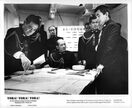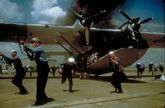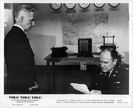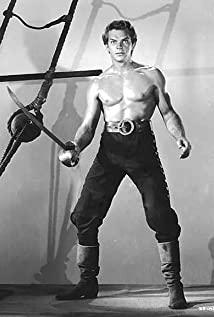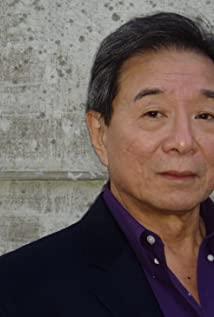In 1970, Japan and the United States co-produced "Tiger! Tiger! Tiger! , is the beginning and end of the Pearl Harbor incident from the two main lines of Japan and the United States. This film was shot very carefully, and it is not the same as the subsequent visual effects blockbusters "Pearl Harbor" and "Battle of Midway". The degree of reduction is quite high, the granularity of details is very complete and rich, and the pure and soothing narrative style makes the causal context clearer.
In one segment, the US Navy intelligence officer tried to report the possible Japanese raid on Pearl Harbor several times. The big boss, Admiral Marshall, was either sleeping or riding a horse early in the weekend. Others dared not call the shots. . The bureaucracy shaped by the bureaucracy makes it difficult to pass information. There are many similar small details in the film, and some of them almost become laughing points.
The joke about horseback riding reminded me of how unreliable it was in the epidemic. I played golf for the 265th time when more than 100,000 people died of illness in the country. It was a typical case of American (negative) freedom and normalization. In fact, I watched the entire film with the current situation in front of me, and I could find many one-to-one correspondences:
From the beginning to the end, there was a lot of information pointing directly to Japan's imminent raid on Hawaii, but out of "invincible" honeyed confidence, deep-rooted arrogance and prejudice from racial superiority and institutional superiority, and serious vanity, the authorities put the black in front of them. Treated as white, or even turned a deaf ear, until he was beaten into a sieve and turned into a compulsive force. (familiar recipe)
Moreover, I always feel that the grassroots people in Laomei are still very good, but once they reach the decision-making level, perhaps because they pay too much attention to decentralization and checks and balances, it is easy to lag and disconnect in decision-making.
Large-scale structural arrogance and prejudice, decentralized equilibrium strategies amplify disorder, anti-authority and anti-experts to anti-intellect... under specific parameters will produce wrong algorithms. For example, MacArthur in the Korean War, Pearl Harbor Incident, Black Hawk Incident in Somalia, and the fight against the epidemic this time. (familiar taste)
When I watched Pearl Harbor in the past, I saw it from the perspective of an American. After all, as a resident of Nanjing, I have a physiological immune response to the little Japan. And for so many years of brainwashing American values, it is inevitable that there will be a little sense of subjectivity;
Only this time, assuming the possible variables that have not undergone major changes in a hundred years, from the perspective of an East Asian, entering a situation of a deadly war with the United States (the United States had blocked Japan's oil, rubber, iron ore, etc. at that time, although there was no war yet. , is also a trapped beast). At that time, Japan was able to make such a creative and courageous raid decision, and could not help but be in awe.
Although Japan has always been a gambler, and is good at tactics and strategies, it is meticulous, rigorous, brave, and not afraid of death, which is enough to stand proudly among the nations. If we want to successfully complete this relay, we must use our hearts, our brains, and our guts, and we must not miss any of them.
View more about Tora! Tora! Tora! reviews




